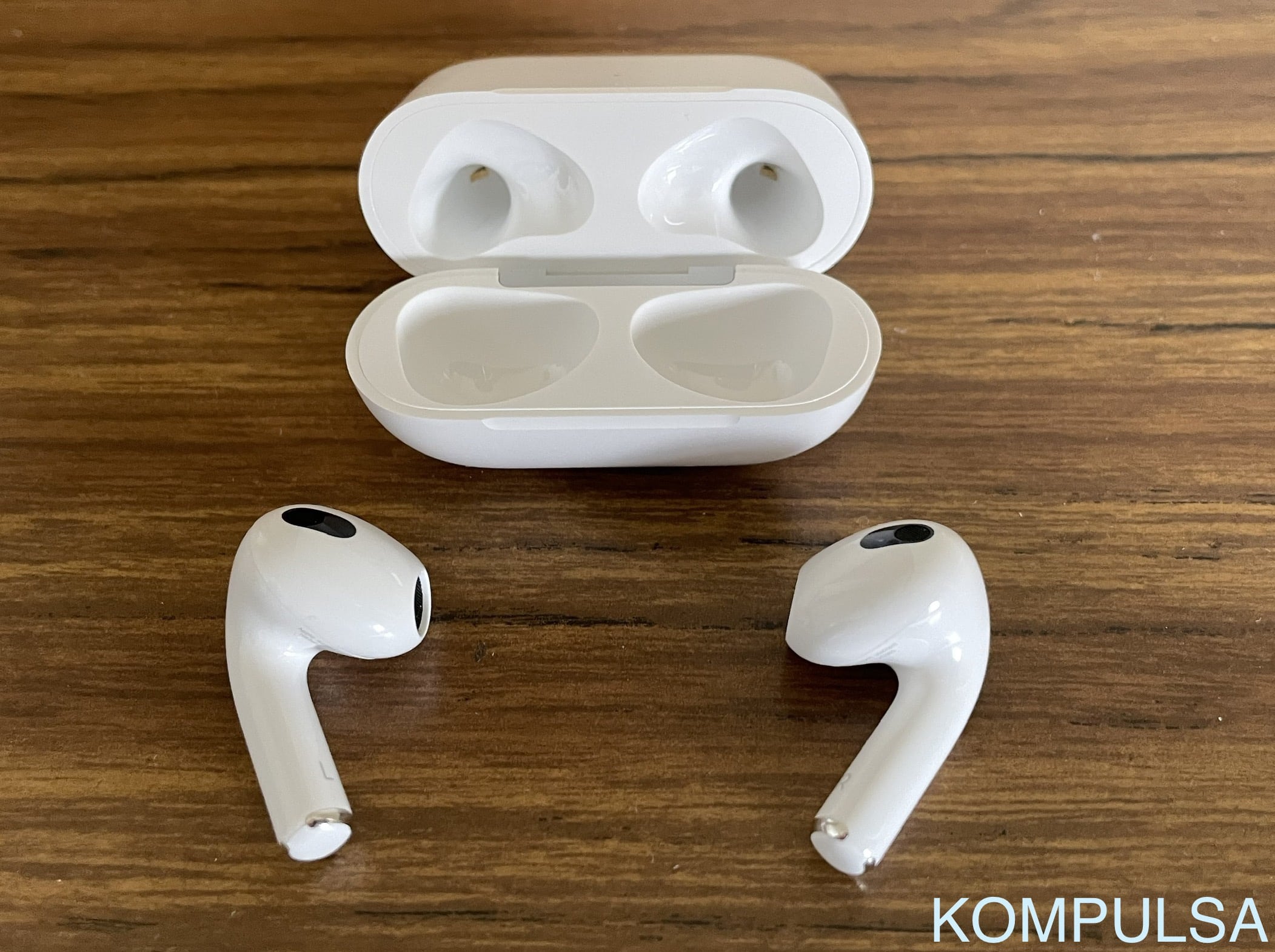Samsung, one of the largest phone manufacturers will start offering 5 years of security updates for some of its Android phones. The supported models are the Galaxy Enterprise phones. This could (and should) be the norm for Android phones, but sadly it isn’t. The industry (like many others) has been driving customers to buy new phones as frequently as possible due to obsolescence. It’s also important to note that these are security updates, not full OS updates.
It is full OS updates that are required to keep using your phone with the latest apps. This is because apps drop support for older operating systems after a while, and they do so quickly. This means that shortly after you stop receiving updates, you will find that some apps won’t install on your device. This issue gets worse as time passes until you can hardly install anything.
Consumer models such as the Galaxy S21 and other models get three years of major OS updates (sadly this does not apply to the popular Galaxy A series phones), which is an improvement as well. However, they should increase that to five years too. Apple can do it, why can’t everyone else? Google provides regular updates for Android to ensure everyone can get them, yet most phone vendors stop providing full OS updates in well under 3 years.
Even less than 2 years in many cases. The issue affects cheaper phones the most. A cheaper phone should actually save the consumer money, not cost more in the long run by becoming obsolete and barely usable after a few years. If you’re looking for the phone brands that offer the longest support, and last the longest amount of time before they become unusable — that would be the Google Pixel and iPhone models (even the cheapest model, the $400 iPhone SE gets 5 years of full OS updates).
Another possible reason manufacturers are not updating phones often enough is that they’ve been putting massively underpowered processors in cheaper models, and enticing users with big, pretty displays or unnecessary gimmicks. Slower processors can’t support as many updates without becoming uncomfortably slow to use — although that decision should be up to the customer. The solution in this case is to cut back on the gimmicks and put better processors in their phones.
Can You Just Stick With Older Apps?
Some apps continue to work for years after installation if you don’t reset your phone or uninstall them. However, many apps are dependent on web servers and will even block you from using them so they can serve you ads and collect usage data from you. This unfortunately results in most apps failing to work after a while. You’ll still be forced to buy a new phone.







